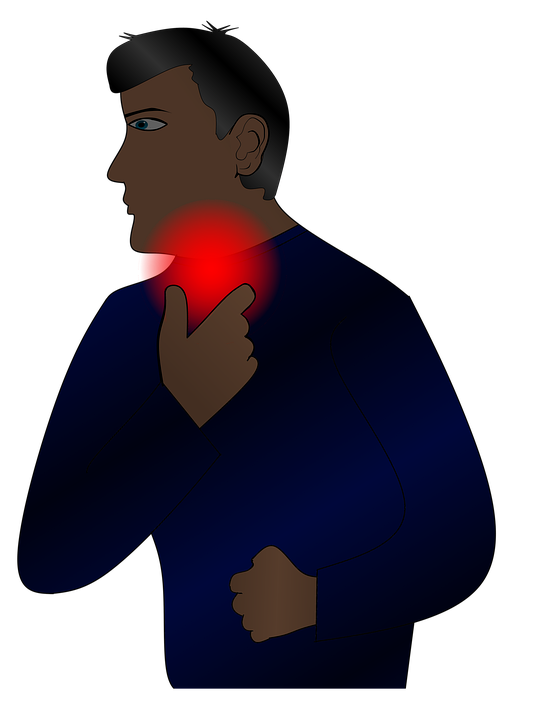
Most people experience neck pain at one point in their lives. They usually take over-the-counter pain medication and hope that the pain will go away on its own.
Luckily, several holistic treatments can help relieve neck pain.
Spinal Adjustments
Chiropractors are highly trained in spinal manipulation and have been scientifically shown to help neck pain from various causes. For example, a neck adjustment (cervical manipulation) has been found to improve spinal alignment, relieve muscle tension and decrease inflammation.
During cervical manipulation, the chiropractor gently pulls on your neck, stretching it out and increasing the space between your vertebrae. It reduces pain and stiffness and allows you to move and turn your head freely.
Other chiropractic techniques include flexion distraction (where the chiropractor moves your spine to reduce pressure on joints) and articulation mobilization (where the chiropractor manipulates your joint with handheld instruments). These can also alleviate neck pain. Feeling sore after a neck adjustment is normal, but this will ease with time. Drinking lots of water can also help hydrate your muscles and joints, relieving soreness. Eating a healthy diet to get the nutrients your body needs to function correctly.
Massage
People often complain that their neck is stiff, sore, or achy. They may be experiencing discomfort from slouching at work or home, poor sleep posture, sports injuries, herniated discs, or other conditions. In some cases, the pain and tenderness can cause headaches and tingling in the arms or hands.
Getting regular neck massages can help alleviate this pain and tension. This treatment helps improve circulation, decrease muscle spasms and tightness, and reduce inflammation. It also encourages the body to release endorphins, which are natural painkillers.
Wirth Chiropractic uses various techniques to treat neck pain, including spinal manipulation, massage therapy, acupuncture, manual therapy, and other physical therapy. A chiropractor will assess your needs and provide a treatment plan that includes nutrition, lifestyle goals, stress management, exercise, and stretching tips and advice. It will help you return to everyday activities with less pain and more mobility.
Nutritional Counseling
The seven-vertebral cervical spine, sometimes called the neck, supports the head’s weight. However, its flexibility makes it vulnerable to injury and pain. Overuse, repetitive movement, accidents, blows to the neck or body, and aging can all cause the cervical spine’s joints, muscles, and ligaments to become irritated, inflamed, or injured.
To identify the source of your neck discomfort, the chiropractor will ask you about your symptoms, do a physical examination, and request digital imaging tests like an MRI or X-rays. Neck manipulation is a hands-on technique that involves the gentle movement of the neck joints to improve mobility, reduce stiffness and decrease tension. In addition, neck manipulation may create a typical cracking sound, which confirms that the bones have moved into their proper position. To reduce neck discomfort, chiropractors can also suggest stretches and exercises that can be performed at home.
Lifestyle Changes
Your chiropractor may suggest several self-care practices to aid in the healing process of your neck pain. These typically include alternating cold and heat on the neck area, gentle range-of-motion stretches, and self-massage. Drinking plenty of water is also essential, which helps decrease inflammation and lubricate the joints and muscles.
The neck, or cervical spine, consists of seven small vertebrae connected to the rest of the body by numerous muscles and ligaments. Its relatively flexible structure is susceptible to pain and injury due to poor biomechanics, repetitive movement, aging, stressors, accidents, falls and blows to the head or body, and simple wear and tear. Practicing good posture throughout the day can significantly reduce neck pain and, in many cases, eliminate it. It is particularly true if your job requires long periods of sitting. Proper standing posture can also help alleviate neck pain, as well as back and hip pain.